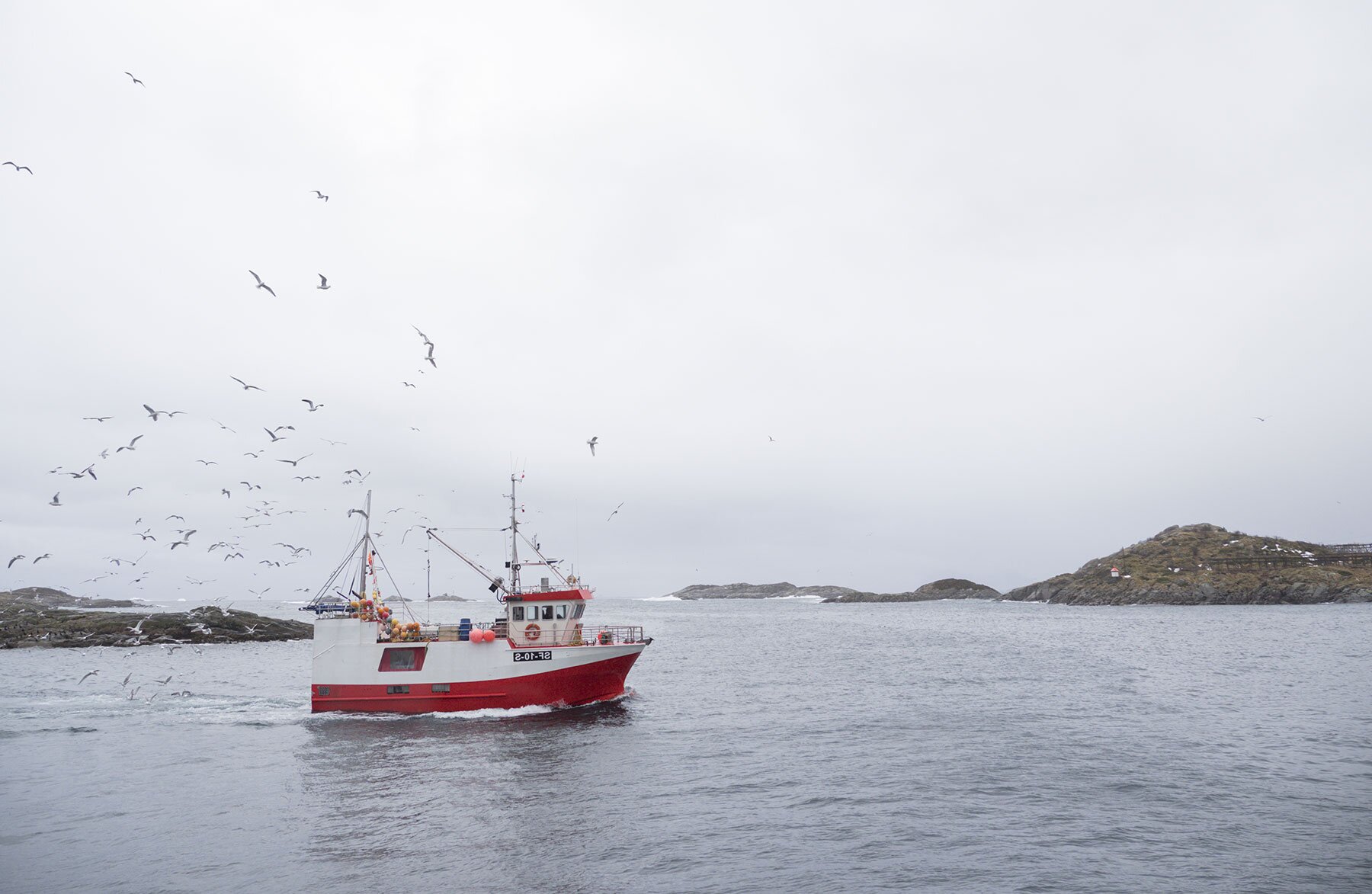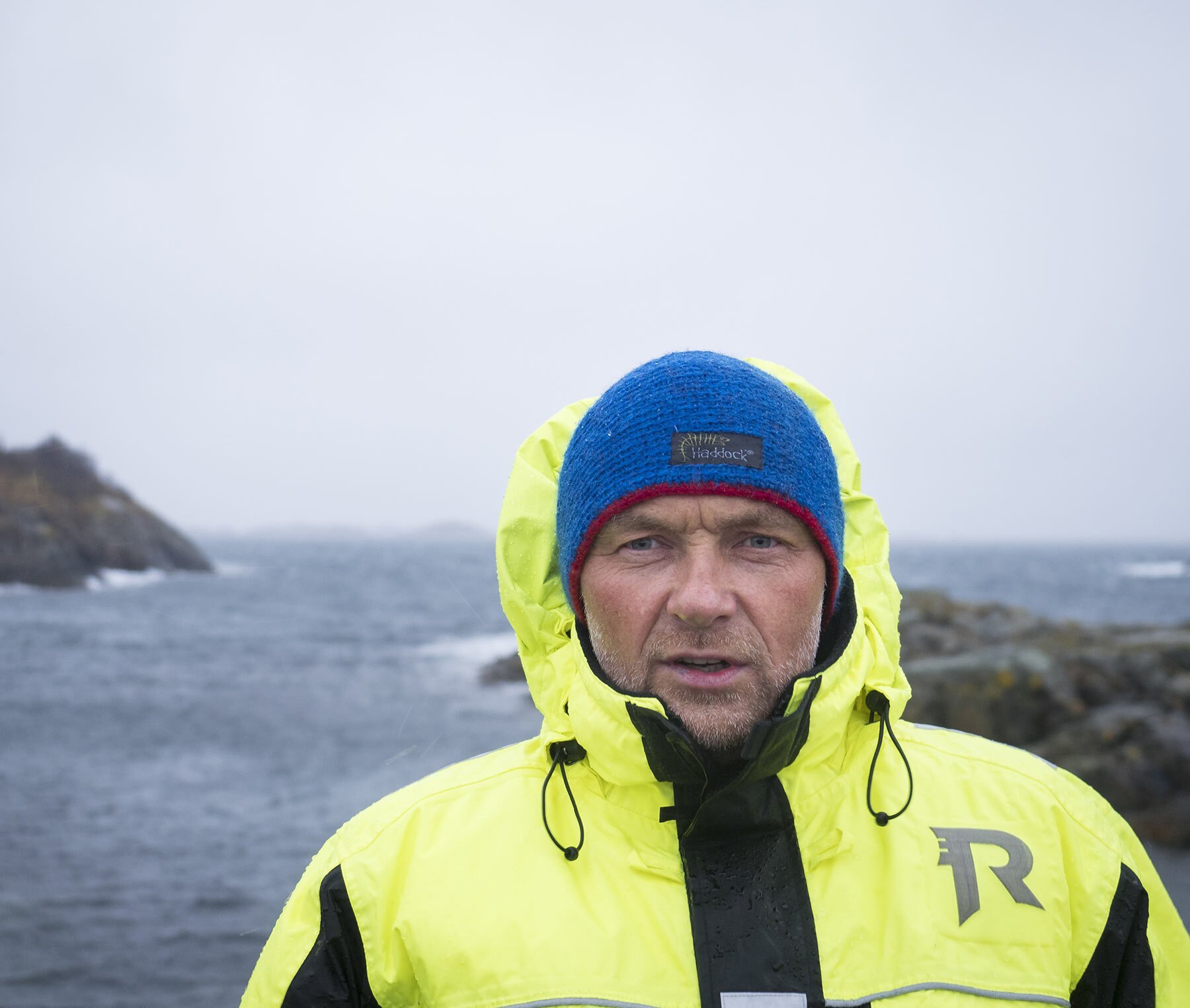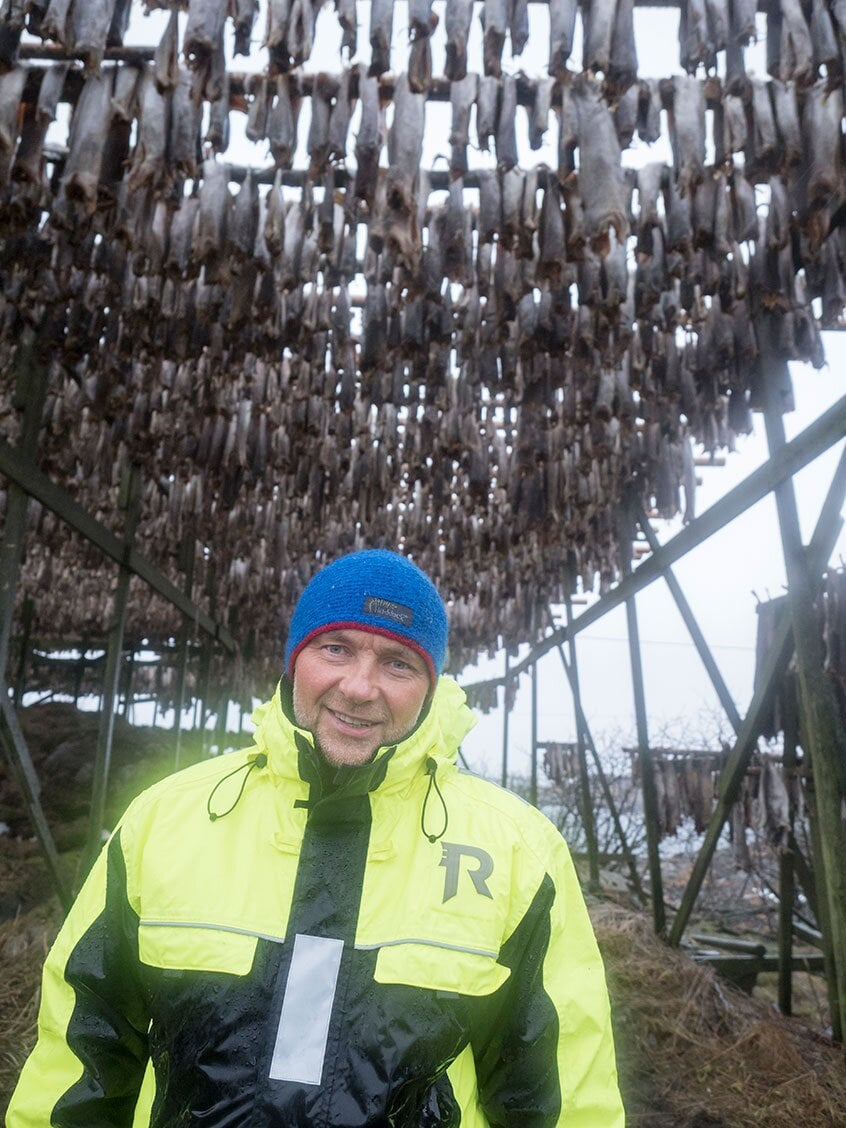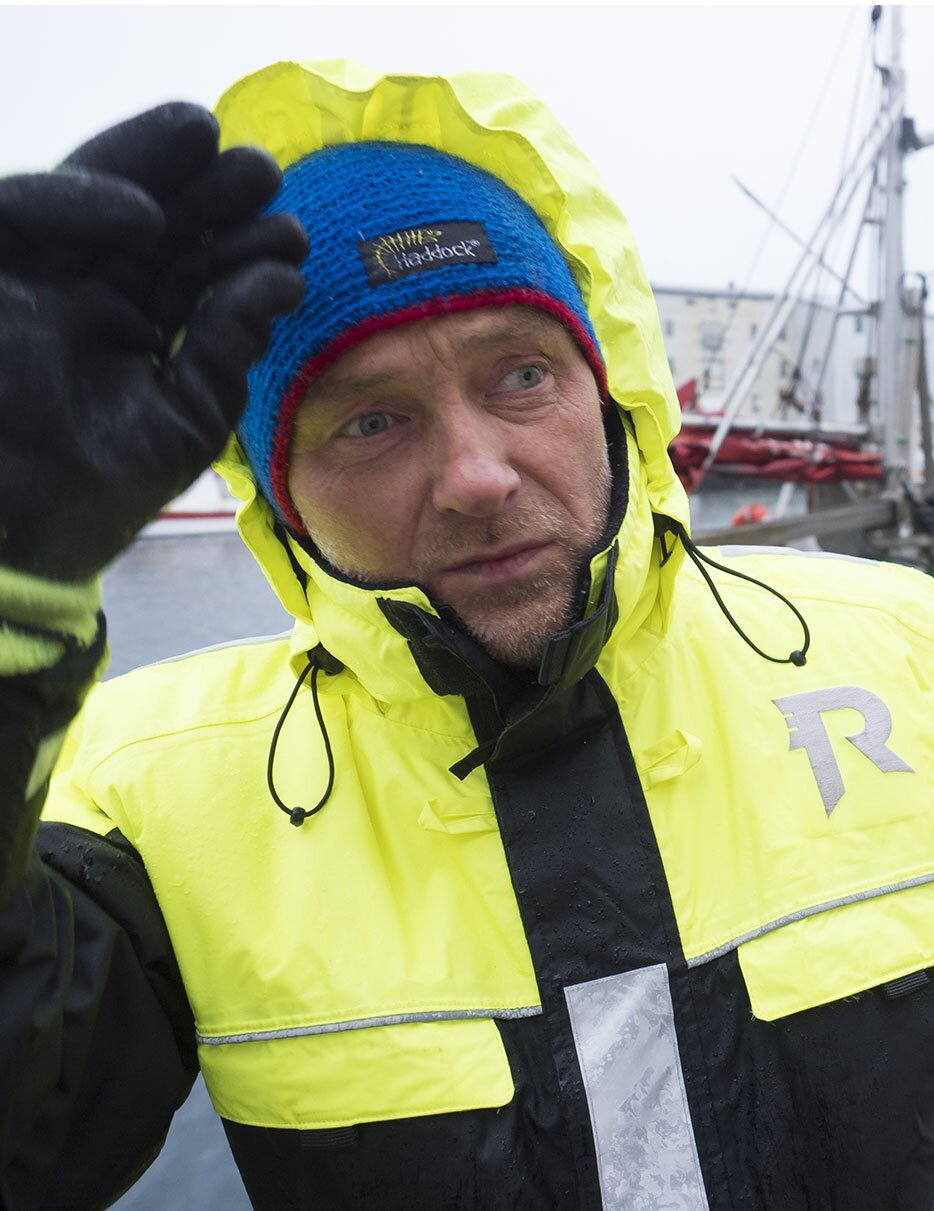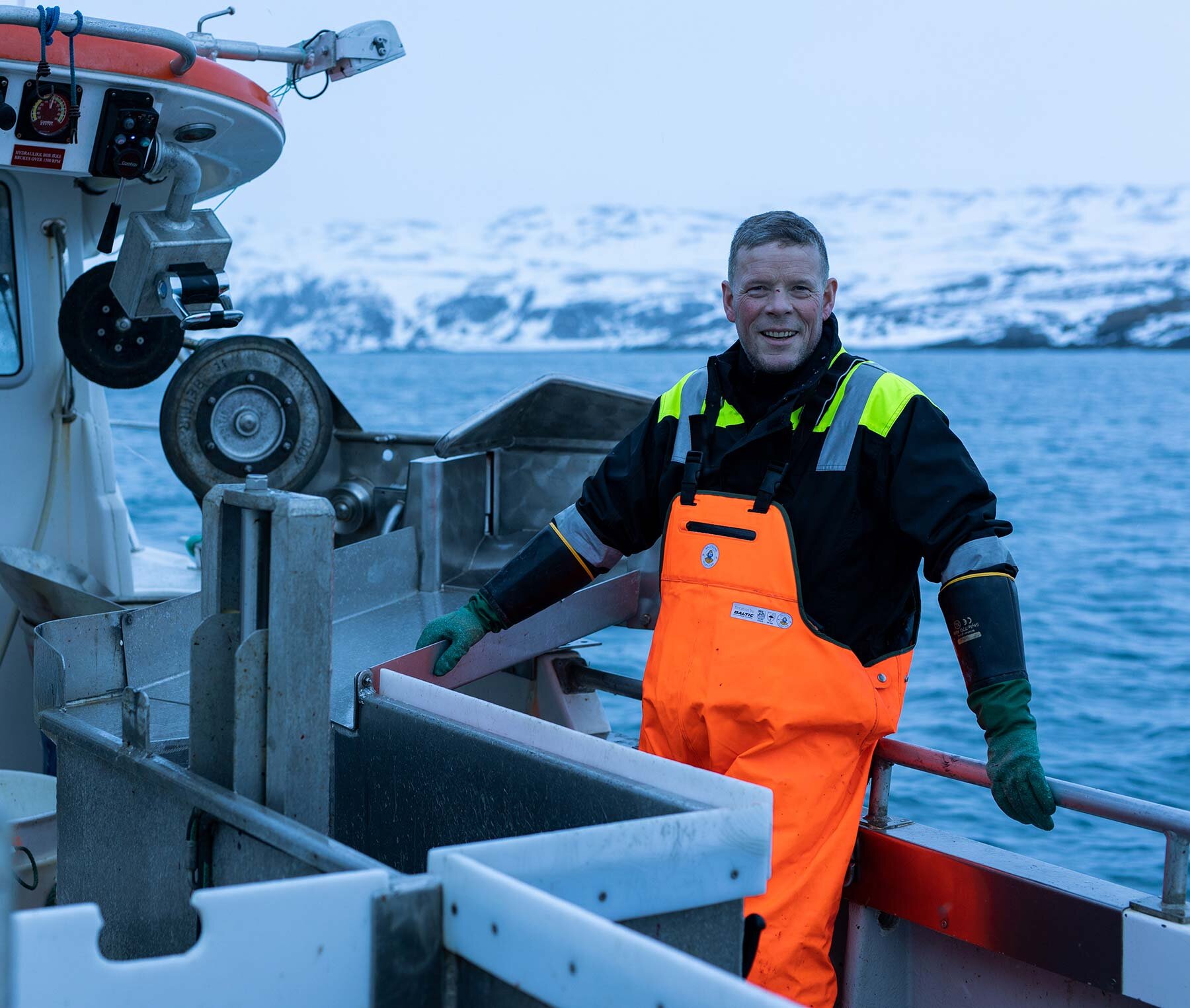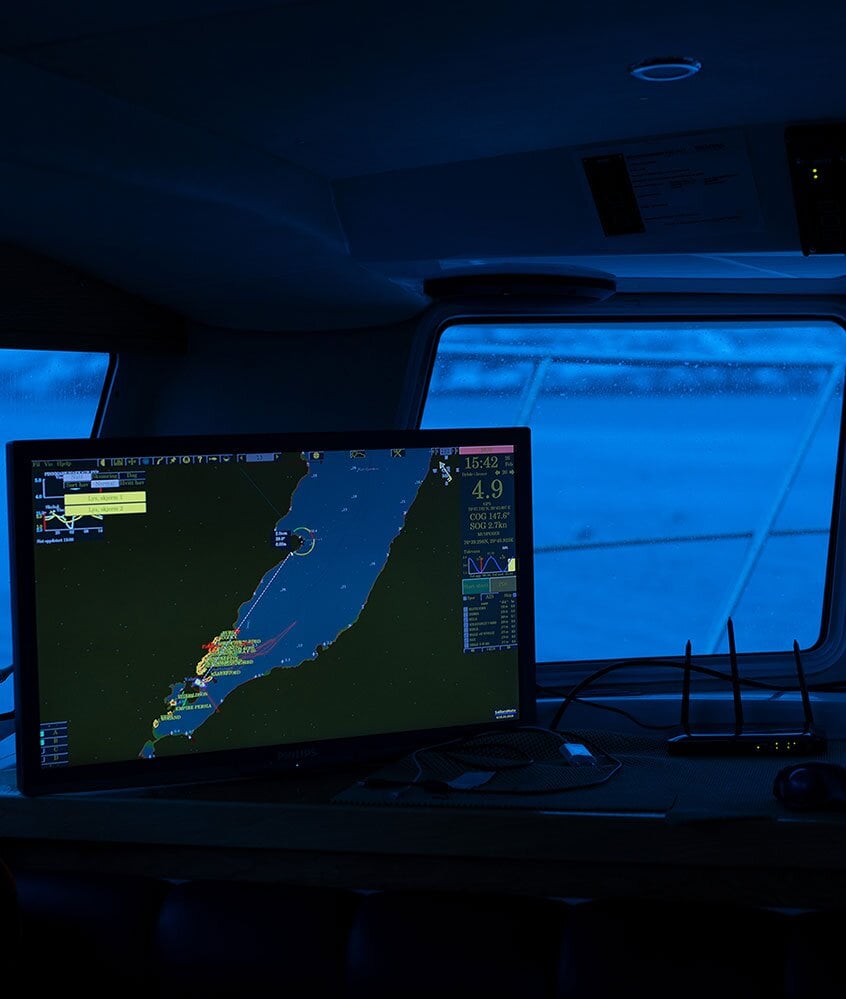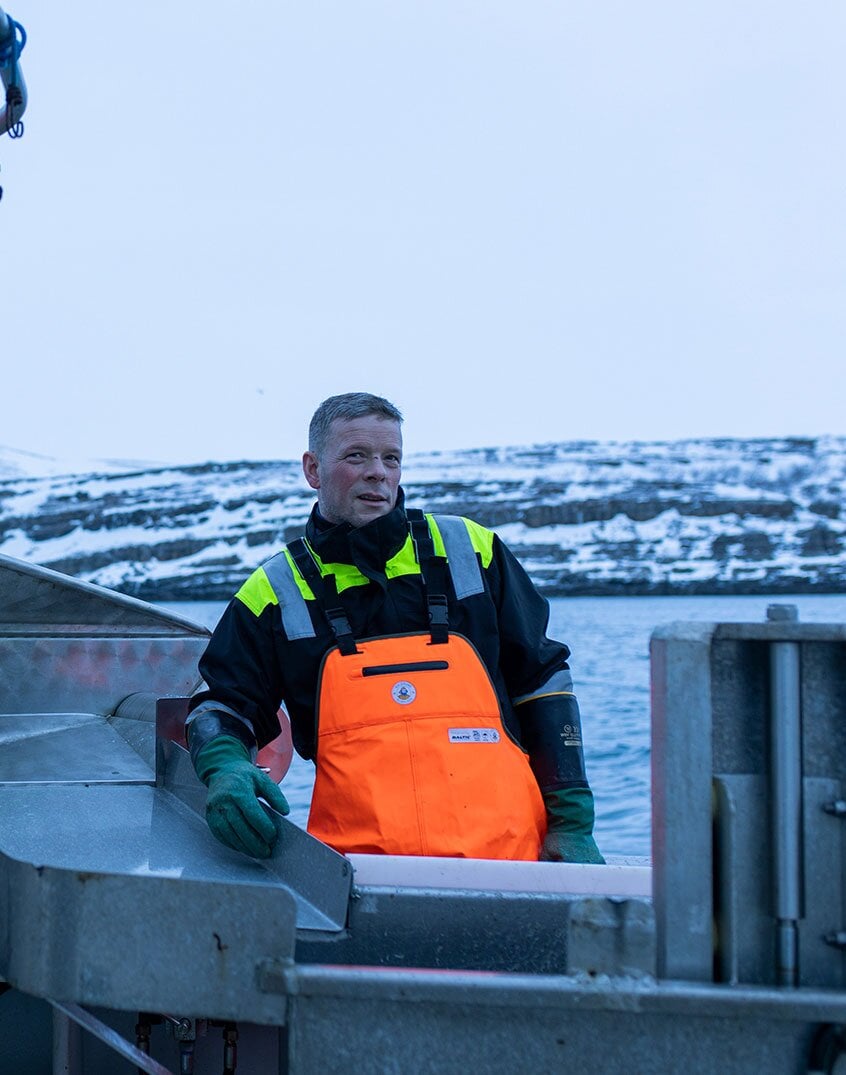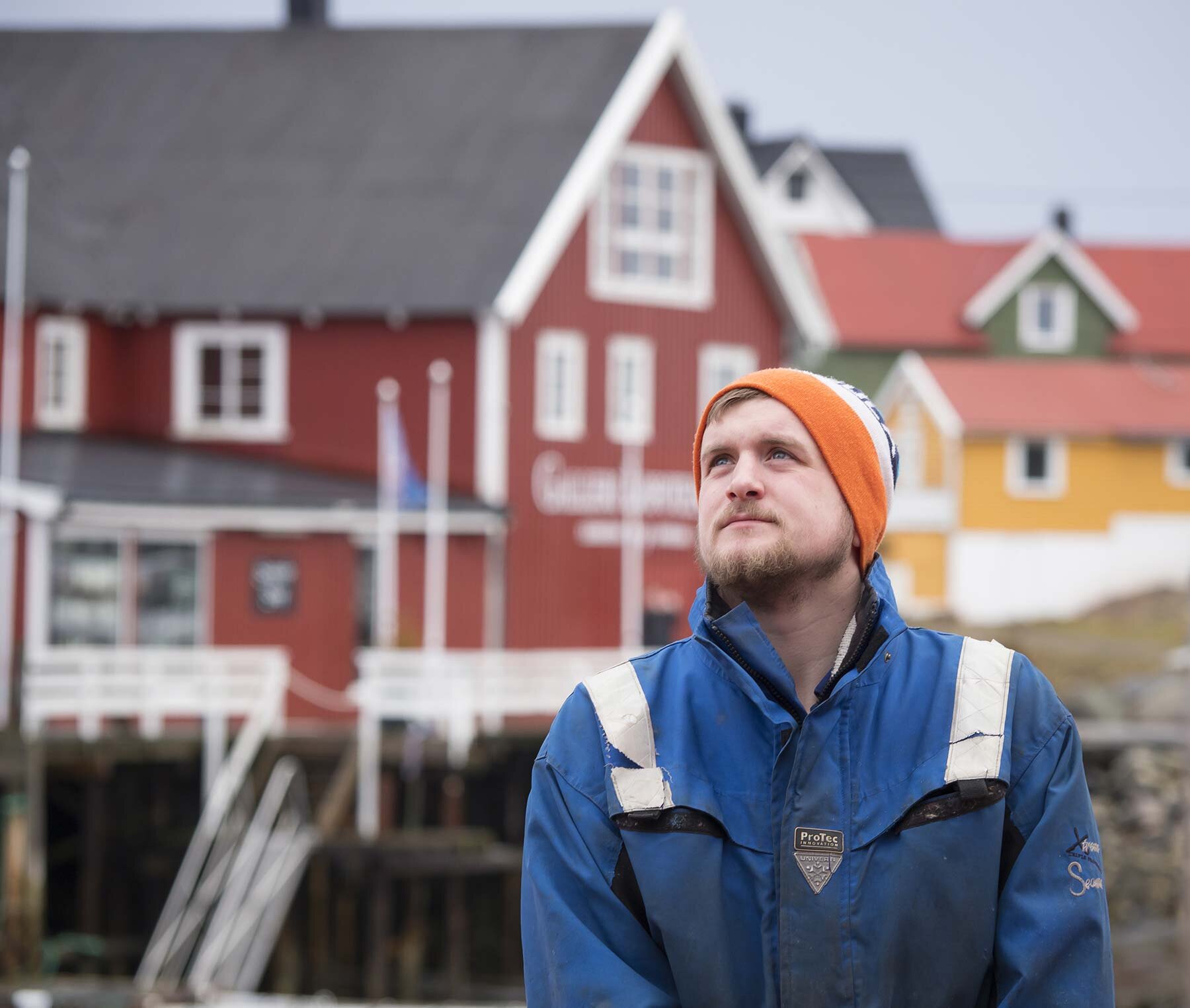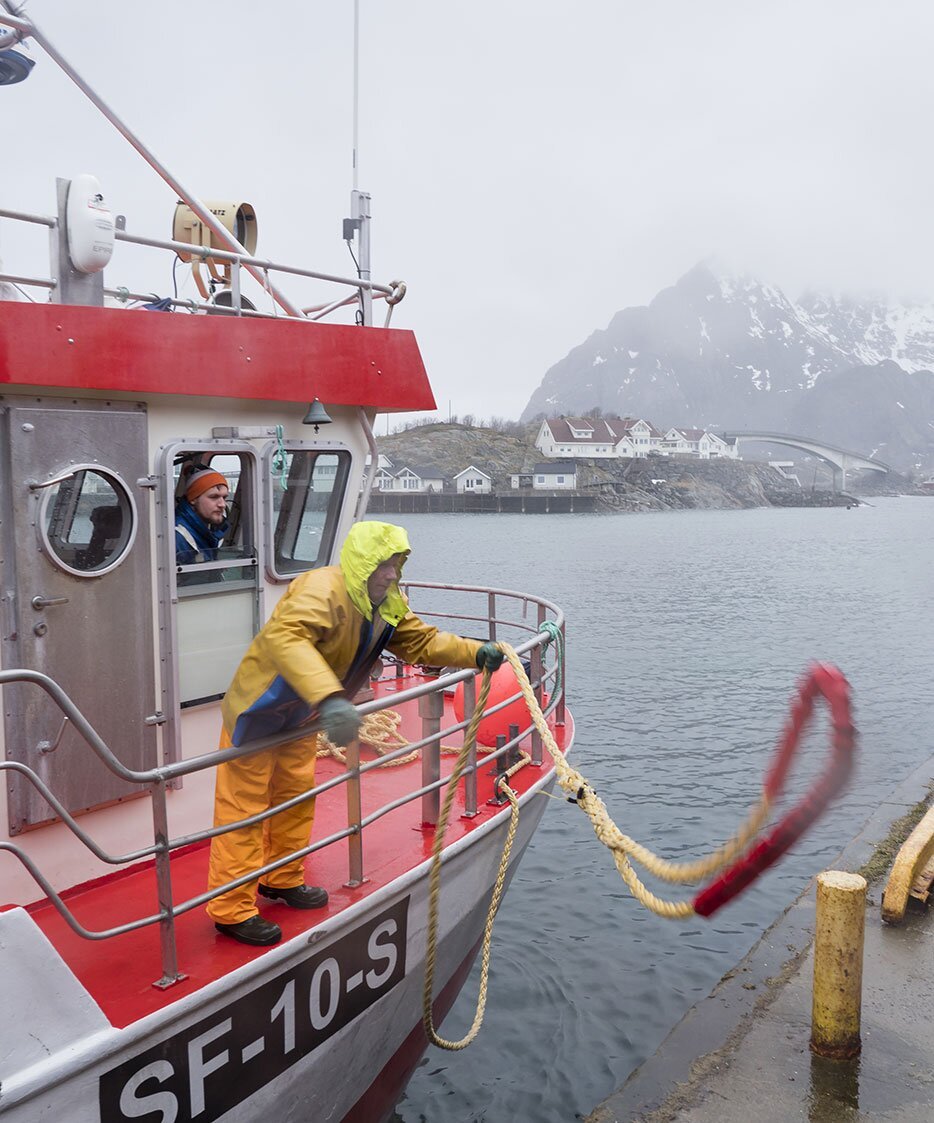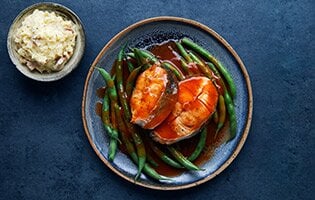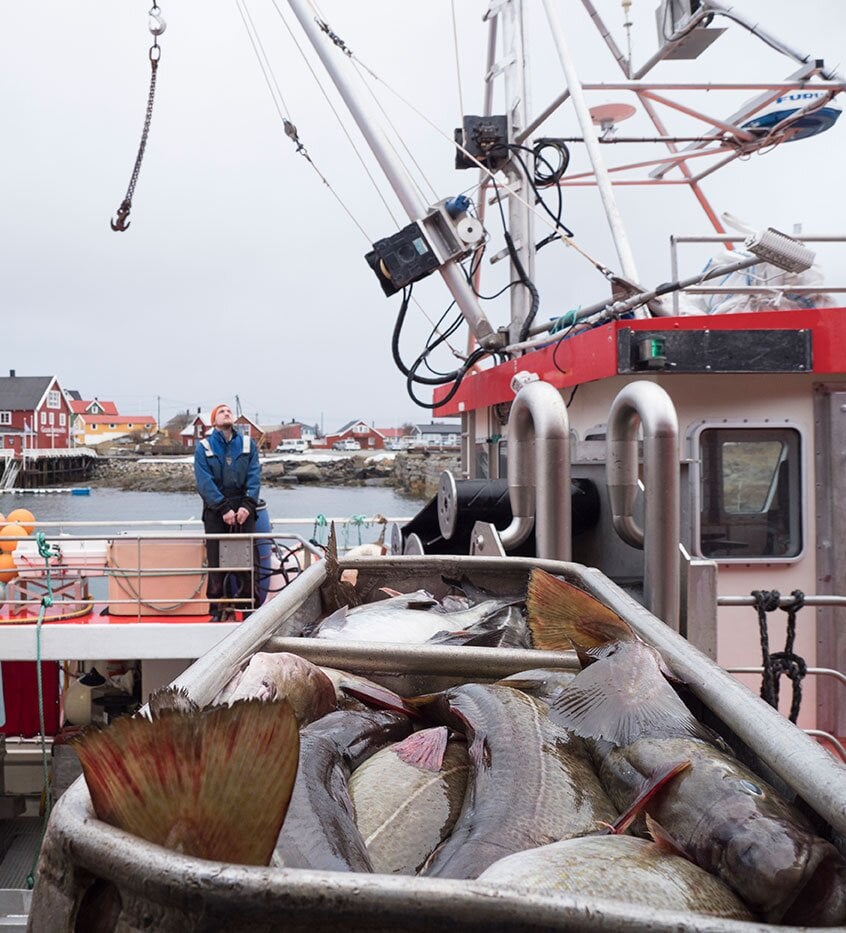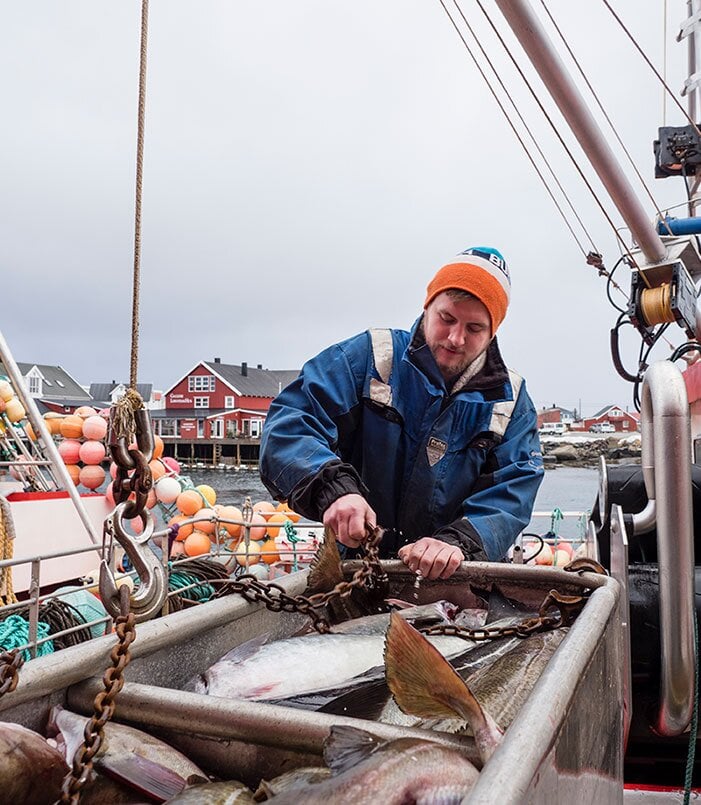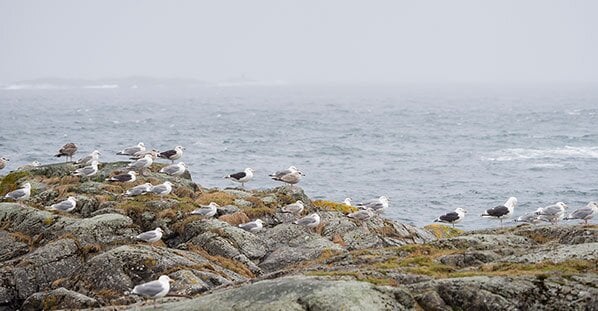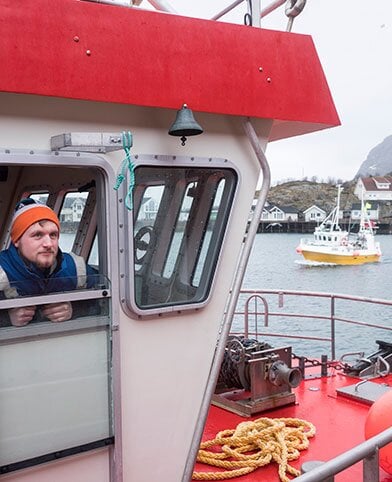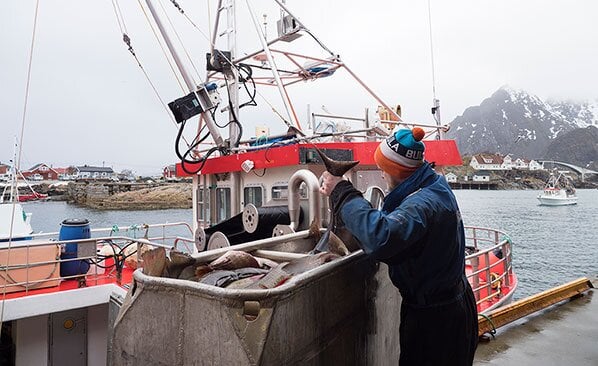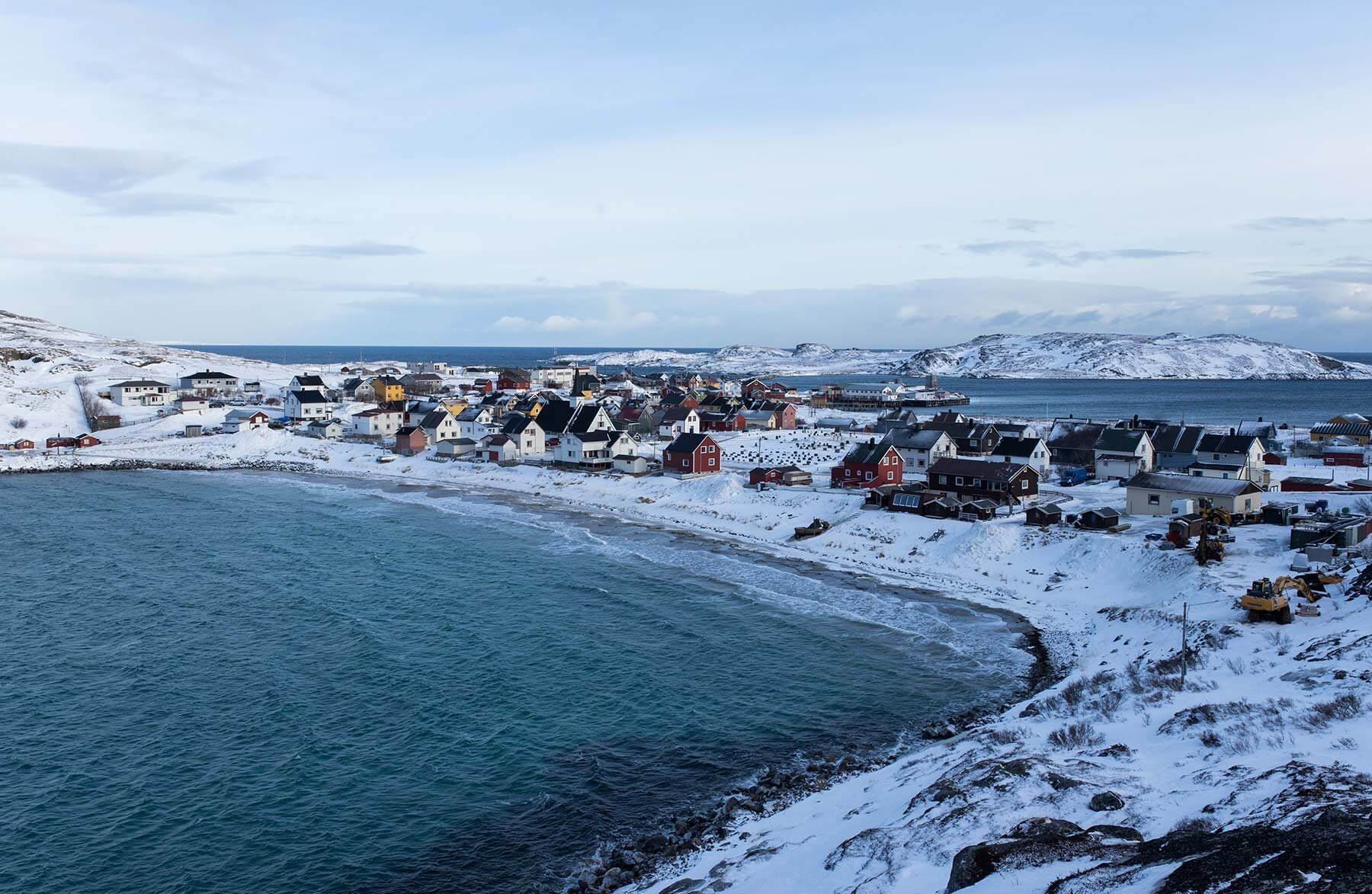To become a fisherman
Fishing has kept Norwegians alive for thousands of years. Although the methods and the technology have evolved, the principles of catching fish and staying afloat in one of the world’s roughest and most unpredictable environments remain the same.
The knowhow and passion you need to spend your life fishing in the Arctic is not something Norwegian fishermen learn at school. They do not learn their craft from textbooks or blackboards, nor through daily, meticulous practice at home. Instead, the sea is in their blood: passed on from previous generations and cultivated ever since they were old enough to step aboard a boat.
For today’s fishermen, fishing isn’t just a profession – it’s staying true to family values. Here are the stories of three fishermen who are proud to carry their family’s legacy every time they head out to sea.
